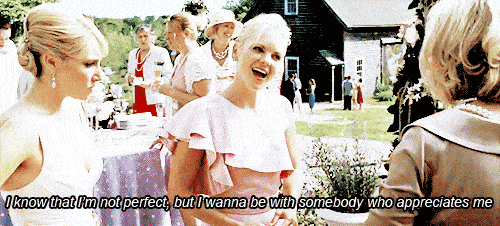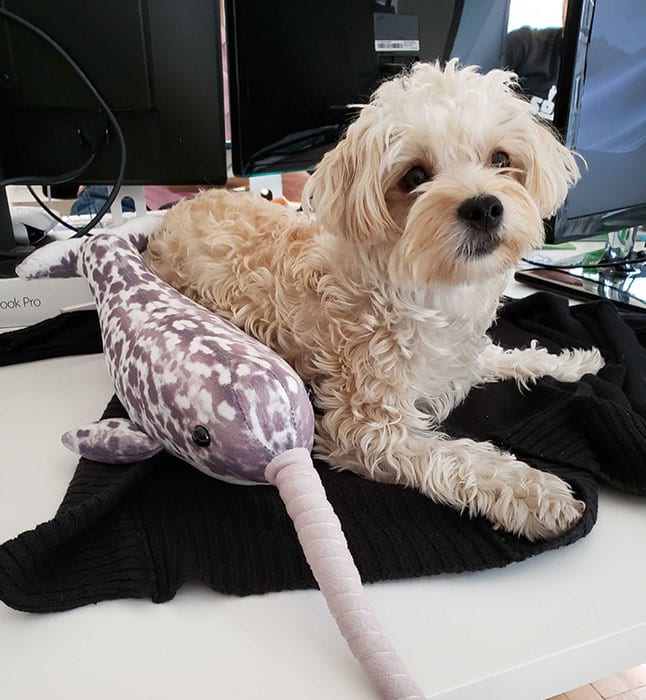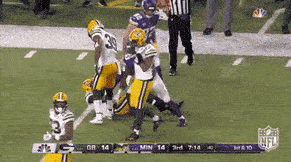Employee recognition: Creating a “Culture of Kudos”
Building a culture of kudos can be a great way to celebrate employees for all the hard work they put in. Learn about the importance of employee recognition and how to build a culture of kudos in your organization.
Warning: Undefined array key "category" in /www/hypercontext_216/public/wp-content/themes/Soapbox/hype-files/sections/article/content.php on line 10
Employee recognition comes in many forms. From a small gesture, like letting someone know they did a great job in passing all the way to giving a shout out during a company-wide meeting. Point being, employee recognition doesn’t always have to come in the shape of a formal process. It can be organic, ongoing, and most of all impactful.
The importance of employee recognition across all levels of your organization
Let’s walk through the importance of employee recognition and how you can build a culture of kudos within your organization.
The data behind employee recognition
Giving kudos for good work, whether it be manager-to-employee or peer-to-peer can make the difference between an engaged and disengaged employee.
Sirota Consulting surveyed 2.5 million employees in 237 private, public and not-for-profit organizations across 89 countries. Their study found that only 51% of workers were satisfied with the recognition they received after a job well done. When employees feel underappreciated, then your company may be running into problems like low employee retention, disengaged employees and overall loss of productivity. Not to mention, this could negatively impact your organization’s culture.

Recognition in the workplace
I have had the fortune of working for companies and managers who understand the importance of employee recognition. I have also worked for companies that missed the mark completely and felt first-hand the effect it had on not only my morale but on the company as a whole.
According to OGO, 40% of employed Americans say they’d put more energy into their work if they were recognized more often. Managers especially can play a big role in recognizing their direct reports, as they’re usually the individuals that employees try to impress the most. In this case, giving kudos can have a massive impact on that employee’s motivation because they’ll feel more appreciated and noticed by the very individual they’re trying to impress.
On top of that, recognition within a team or organization is great for increasing overall morale and productivity among the group. Recognition is just one piece of the puzzle when it comes to company culture, but it’s an important one.
Being able to have fun with your kudos also goes a long way. Here at Hypercontext, kudos comes in many different forms, my favorite being the Hypercontext Narwhal award. Every month, a member of the team is awarded the Hypercontext Narwhal. It’s this incredibly cute Narwhal plushie (picture a whale with a unicorn horn 🐳🦄).

The Narwhal is given to an employee who demonstrates Hypercontext’s core values and goes above and beyond their role. They’re nominated by the prior month’s Narwhal winner. While all of this happens, you can see how eager and excited everyone at the company is to celebrate the next award recipient.
This is just one of the many ways that employee recognition is built into our culture.
Acknowledging small wins leads to big change
Giving kudos shouldn’t just be reserved for massive wins, but should be given for smaller wins as well. For example, let’s say your sales rep just booked an introductory call with a massive potential client, that’s an amazing first step towards something bigger. Recognizing that small win can boost that individual’s confidence, excitement and momentum as they work through that process.
Employee recognition doesn’t always have to focus on how someone’s actions impact the company’s bottom-line either. Recognizing an individual for taking five minutes to explain something about the organization in an effort to make a new employee feel more welcomed (without being asked to do so) can go a long way for your culture.
Small wins are amazing opportunities to recognize employees and reinforce the qualities and behaviors that you’d like to foster within your team and organization. Building a kudos-giving culture has almost no added cost to your organization, but can have a massive impact on your team’s overall success.
Think about it…When a football team is trying to score a touchdown, the only way to do that is to achieve first downs (small wins). As the team makes their way down the field, each first down is one step closer to the ultimate goal (touchdown!!). Celebrating each first down is just as important as celebrating a touchdown. The same should hold true for your team.

Kudos should come from all directions of the company
A culture of kudos shouldn’t be created from the top-down. That means that recognition shouldn’t only come from managers. It should be going up, down, sideways, really all directions you can think of within an organization.
A few channels kudos can live include:
- Manager to employee
- Employee to manager
- Peer-to-peer
- C-level to employee
- Employee to C-level
Setting up a kudos program within your company can help ensure that individuals across your organization feel appreciated and recognized for all of the hard work they put in day in, day out.
Public vs. private employee recognition
In my last blog post, I spoke about the importance of knowing your employees and how they like to work, but also how they like to be recognized. Some prefer receiving kudos privately in their weekly one-on-one meetings, while others find it exhilarating when they are showcased during a team meeting. Not all recognition needs to be shouted from the rooftops. In many cases, it’s just as effective when given in a more private and intimate setting.
Ways to recognize employees privately:
1. During a one-on-one
Taking the time to let a team member know that you recognize something great that they’ve done is not only one of the easiest ways to build morale, but also one of the most effective. Consider adding a weekly recurring agenda item to your one-on-ones such as, “talk about wins this week”. Leading up to your one-on-one meeting, keep an eye out for small (or big) wins to highlight during the meeting. This is a great way to show your direct report that you appreciate the work they’re putting in.
2. Send them a private message
You don’t always have to wait for a one-on-one to send a shout out to your employee, manager or peer. Did you overhear them having a great call with a client? Send them a quick message letting them know they did a great job (and why)!
3. A hand-written card
This is one you don’t see too often, but as someone who’s had a manager who did this, it is definitely something I would love to see more companies do. Taking the time and effort to write a quick thank you on a physical card helps you go just a little above and beyond for that individual. In the digital era of work, it’s rare to receive something physical. Toss in a little $5 coffee card and I guarantee the output of that individual will generate far more than the price of the card.

Ways to recognize employees publicly:
1. During a team meeting
Team meetings are a great place to recognize people publicly. Start or end each meeting with a round table where individuals can share shoutouts and recognize their peers. The act of positive sharing will help to build stronger team bonds and keep employees motivated and accountable.
2. Demo days, town halls and other company-wide gatherings
At Hypercontext, we run off 2-week sprints. At the end of every sprint, the company gathers in the afternoon for Hypercontext Demo Day. We sit together, surrounded by drinks and snacks while teams present what they’ve worked on and their accomplishments. We also take time to give shoutouts to anyone and everyone in the organization cross-functionally. These shoutouts range from someone helping with onboarding or training, to someone bringing back coffee beans for the office after vacationing in Costa Rica. It is a wonderful feeling to see your name on the board, especially when it’s from another team or individual that you don’t usually get to work with.
3. Post a public message
A super quick and fun way to celebrate wins and recognize employees in an organization is by creating a “Wins” channel within your team communication tool (i.e. Slack, Microsoft Teams, etc). Encourage people to give shoutouts to colleagues who created or did something awesome! Make the channel fun, send gifs and use emojis to really get the smiles going! 🙌😃
In my experience, giving kudos has been one of the best ways to build a cultural powerhouse within an organization. In your next one-on-one, team meeting or company-wide event, set some time aside to celebrate the big (and small) wins of the amazing individuals you manage! They’ll thank you for it.
Easily add kudos into your one-on-one and team meeting agendas with Hypercontext!
What to do now
Next, here are some things you can do now that you've read this article:
- Look into how Spinach can help you run effective one-on-ones.
- You should try Spinach to see how it can help you run a high performing org.
- If you found this article helpful, please share it with others on Linkedin or X (Twitter)
